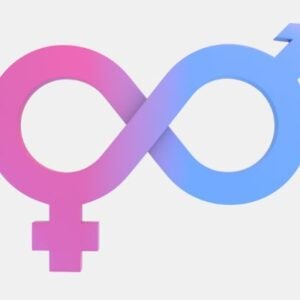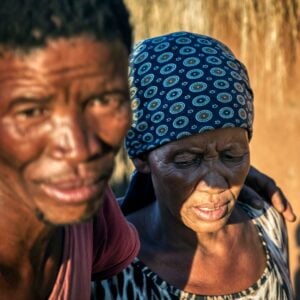From October 1-3, 2025, more than 40 partners from the IDRC-supported AQUADAPT initiative will convene in Bangkok, Thailand, for the 9th Global Conference on Gender in Aquaculture and Fisheries (GAF9). The gathering will explore how research on nature-based solutions can advance gender justice and climate resilience in aquaculture and fisheries.
Women and other marginalized groups play crucial roles in aquaculture and fisheries globally, yet they often remain unrecognized and underrepresented in policies, decision-making, and more lucrative value-chain segments. The conference aims to address these disparities through targeted discussions and evidence-based approaches.
Two IDRC-hosted special sessions will take place on October 2. The first, Measuring gender justice in aquaculture and fisheries: Tools & lessons from practice, will focus on the challenge of counting women’s contributions and perspectives in the sector. With a lack of disaggregated gender data and persistent stereotypes that position women as men’s “helpers,” gender-blind policies risk reinforcing inequalities. This session will present tools for assessing gender relations, drawing on examples such as women’s involvement in mangrove restoration in shrimp communities in Indonesia and fish value chains in the Philippines. It will also highlight how engaging women and marginalized groups as leaders and co-researchers can advance gender justice.
The second session, Engendering climate justice in aquaculture through inclusive nature-based solutions, will examine the impacts of climate change on fishing and aquaculture communities and explore how inclusive approaches can enhance resilience. Across Southeast Asia, communities face challenges such as warming waters, storms, and droughts, with women and marginalized groups being the most vulnerable. Case studies from fish farming in northern Thailand and marine aquaculture in peninsular Malaysia will demonstrate how equitable governance, resource access, and gender-sensitive division of labour are critical for climate resilience.
In addition to these sessions, AQUADAPT partners will lead two more presentations: Gender in nature-based aquaculture: Evidence from Thailand, Cambodia, and the Philippines, led by the Asian Institute of Technology, and Community-led oyster farms in Fiji: A case study of gender-responsive aquaculture, led by the International Institute for Sustainable Development.
By highlighting gender-responsive and climate-smart practices, GAF9 and the AQUADAPT initiative aim to ensure that women and marginalized groups are recognized as key actors in building resilient, equitable aquaculture and fisheries systems across the Asia-Pacific region.







